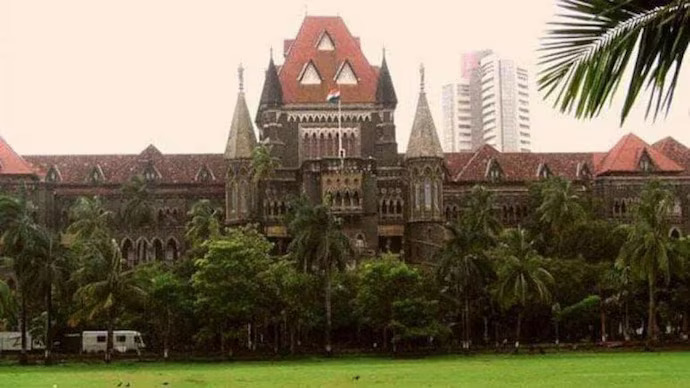While answering a query approximately whether or not mother and father-in-regulation can declare upkeep from their widowed daughter-in-regulation beneathneath Section a hundred twenty five of the Criminal Procedure Code (CrPC), the Aurangabad bench of the Bombay High Court held that senior residents aren’t entitled to it.
The bench of Justice Kishore Sant turned into listening to an enchantment filed via way of means of a 38-year-vintage widowed spouse of a person who turned into serving as a conductor withinside the Maharashtra State Road Transport Corporation (MSRTC). After the dying of her husband, the widow, for her survival, began out doing a activity withinside the fitness branch and is currently operating at a civic-run sanatorium in Mumbai.
The case of the mother and father-in-regulation of the widow is that they’re vintage and not using a supply of income. Since their son died, there’s nobody to appearance after them and therefore, they filed an software for upkeep earlier than the Nyayadhikari Gram Nyayalaya, Jalkot withinside the state`s Latur district.
The widow, on the opposite hand, said that the mother and father-in-regulation have 4 daughters, who’re married and are dwelling with their husbands. She similarly stated that the daughters have a percentage withinside the belongings of her mother and father-in-regulation and therefore, they’re vulnerable to pay upkeep to their mother and father.
She pointed to the 2 acres and 30 gunth of land of their village and stated that they’ve their very own residence. She introduced that when the dying of her husband, the mother and father-in-regulation obtained Rs1,88,000 from MSRTC. The final quantity turned into given to her minor son.
According to the widow, her activity turned into now no longer given to her on compassionate grounds and, therefore, she isn’t legally certain to pay upkeep to her mother and father-in-regulation.
The Nyayadhikari Gram Nyayalaya held that the mother and father-in-regulation are senior residents with none supply of legal responsibility. So the widow is vulnerable to preserve them. It turned into this order that the widow challenged withinside the excessive courtroom docket.
In courtroom docket, the mother and father-in-regulation hostile the widow’s petition, declaring that they had been relying on their son, who’s now dead. Everything of their son’s call could now be transferred to the widow’s call. Since she can be able to be triumphant the belongings, it turns into her legal responsibility to preserve them.
However, Justice Sant mentioned that Section a hundred twenty five of the CrPC, which elaborated that any character who has enough way to preserve himself can’t deny upkeep to the spouse, children, and mother and father if they’re now no longer capable of preserve themselves, did now no longer have mother and father-in-regulation at the listing. The decide mentioned that “the listing given of the family members is exhaustive and there’s no scope for every other interpretation”.
Justice Sant additionally mentioned that the appointment of the widow turned into now no longer on compassionate grounds in region of her husband and the vintage couple obtained Rs. 1,88,000 after the dying in their son.
“The truth that the couple has land and their very own residence is likewise now no longer disputed. So, even on facts, this courtroom docket reveals that no case is made out via way of means of the petitioner to assert upkeep from the courtroom docket,” Justice Sant stated.
In view of this, the courtroom docket held that the continuance of the intending pending withinside the courtroom docket of Nyayadhikari Gram Nyayalaya could be an abuse of the system regulation and therefore, the equal is quashed.


0